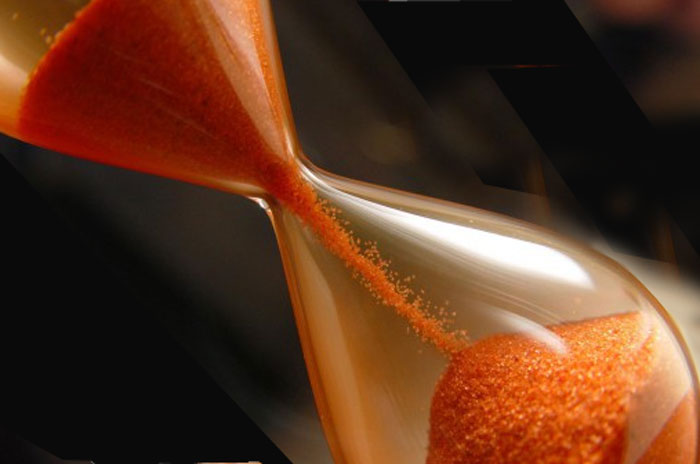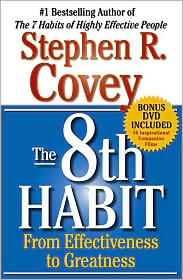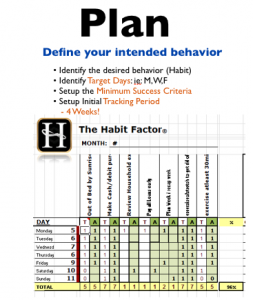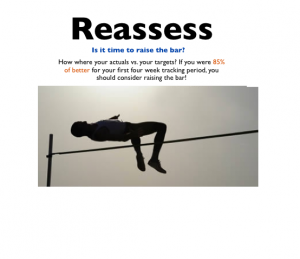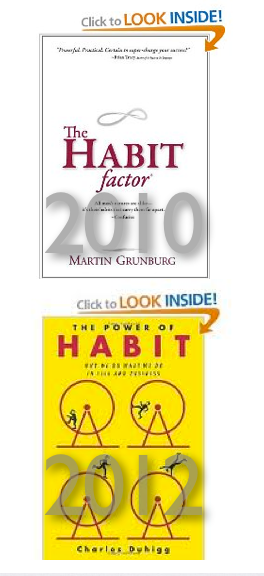by: Martin Grunburg
15 minutes checking e-mail
15 minutes on Facebook
15 minutes chatting w/ a friend about football (name the topic)
15 minutes on Surfline.com (pick the website)
15 minutes on Huffpost (pick the website)
15 minutes on Twitter
15 minutes on Facebook (again)
15 minutes checking stocks
15 minutes checking sales
15 minutes checking analytics
15 minutes looking into Bitcoin
15 minutes on YouTube
15 minutes checking e-mail (again)
(Is it any wonder ADD and ADHD are rampant in our society? Despite productivity tools we only dreamt about 20 years ago, personal productivity and productivity in the workplace hasn’t increased.
I used to wonder, how in the world could anyone write a book? Or, how can anyone find the time to train for and complete an Ironman triathlon given they have a business/job and a family?
And (drum roll please…) the answer lies within those 15 minutes.
Let’s revisit that long list of 15-minute increments above. All totaled, you have 3 hours a day or more! And here is the kicker: Because those 15-minute interludes have become habits, chances are you do them daily and with little awareness. Simply put, you have little idea just how much time you are wasting.
This isn’t designed to make you feel bad, it’s to encourage you to understand that whatever your goal is– time is likely NOT your limiter.
You don’t think you could train for a triathlon with just 1.5 hours a day? The answer is you could do it with 40 minutes a day (or less). You don’t think you could write a book working just 1 hour a day? You could with only .5 hour a day.
As I wrote in The Habit Factor®, if you just invested only 15 minutes a day into any specialized subject, reading about it (consuming all the best books you could find on the matter) and writing about it, over the course of five years you’d become an expert on the subject matter equivalent to that of a PhD.
Stephen Covey likes to say we are all getting caught-up in the “thick of thin things“.
And, Speaking of the late, great Dr. Covey, if we bring it back to habit #2 of the 7 Habits of Highly Effective People, “Put First Things First,” then the question you should be asking yourself (in this order) is:
What is my main goal, priority and objective:
For this Year, then, this Quarter month, week, and day. Each funneling into and hopefully supporting your largest annual ambition or goal.
Simply put, your life’s results are directly tied to these miniscule blocks of 15 minutes and how you appropriate them.
And, if The Habit Factor® has had any success (and it has), it’s because in 2009 when the app was first launched it introduced this idea, to help people focus on what really matters: the consistent, productive use of these small increments, habitually.
The Habit Factor® helped people to understand that it wasn’t about the ubiquitous ToDo list, but instead about shifting one’s attention to identifying the few, core, related behaviors (habits), that will help them to achieve their goals.
